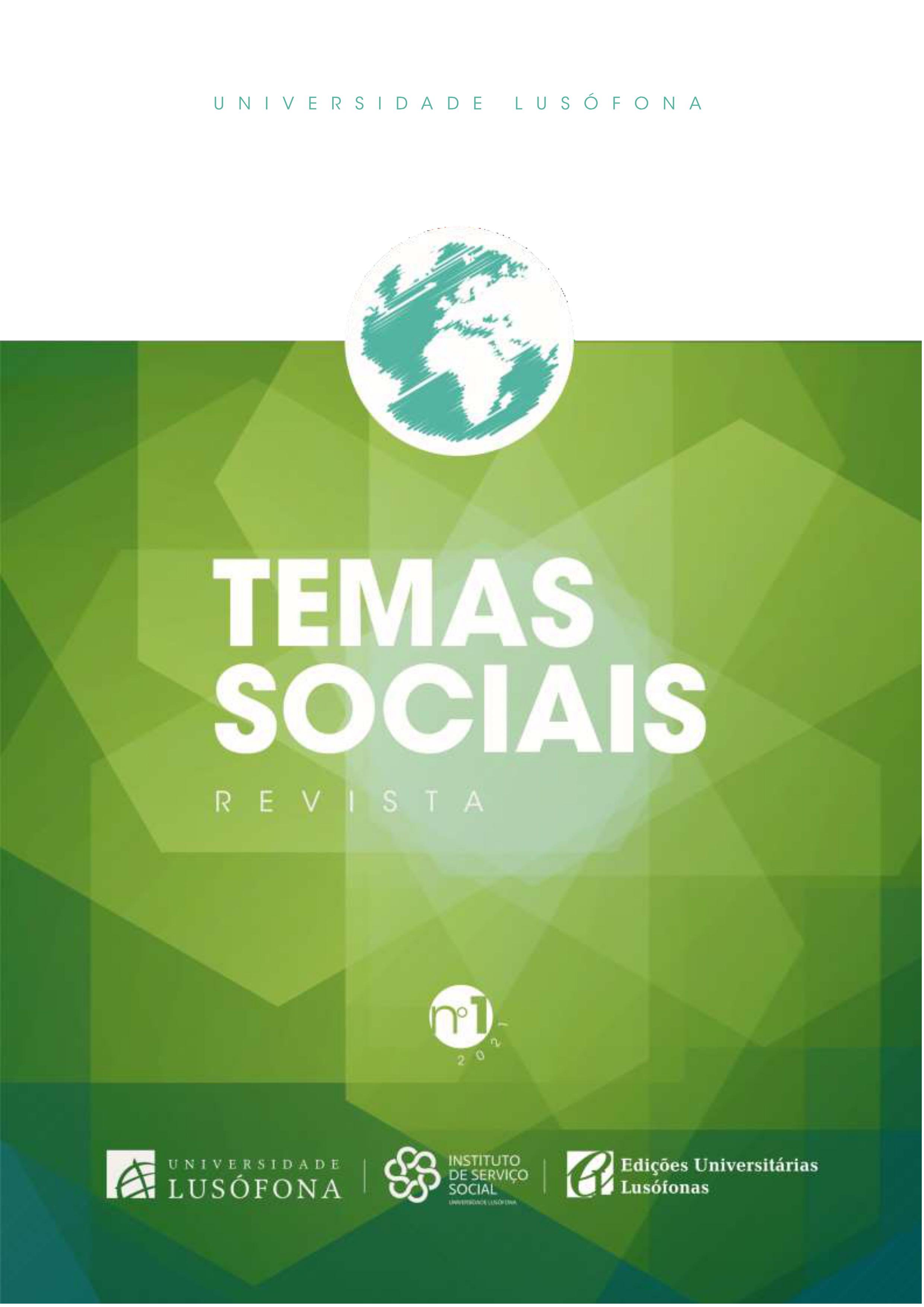The social work and the pandemic: prospective reflections
https://doi.org/10.53809/2021-01-TS-n.1-7-30
Abstract
The aim of this text is to initiate an exploratory reflection on the lessons learnt from the pandemic, possibly useful in the qualification of social work practices.
We will begin by describing in general terms the impact of the pandemic on contemporary society, on three scales of complexity: micro, meso and macro. Next, some exploratory reflections will be made on the role of social work in the pandemic, based on a brief analysis of available documents and indirect observation. In a third moment, we will try to draw some lessons that allow us to collectively face a future full of uncertainties and threats, but also opportunities to overcome them.
Downloads
Open Access Policy:
The Journal facilitates free, open and immediate access to its contents to foster the exchange of knowledge at a global level.
By submitting their work, the author(s) authorise the publication and dissemination of their work and are responsible for its content.
Code of Ethics:
The Journal is a digital tool that enables the dissemination of knowledge in a globalised society where technology, communication and information occupy a prominent place. The publication promotes equal opportunities facilitated by knowledge. To this end, the Journal is committed to the content it publishes, adopting a code of ethics based on the following principles:
1. The texts received must be original, by the author(s) alone and unpublished, i.e. they must not have been previously published, broadcast or sent to another publication.
2. Authors are responsible for requesting any authorisations necessary to publish their texts, with the respective reference to the sources consulted.
3. That organisation must authorise work funded by an organisation to disseminate the results.
4. the plagiarism detection tool in force will review all work received at Universidade Lusófona - Centro Universitário de Lisboa.
5. The articles received will be evaluated by two experts in the field, guaranteeing the anonymity of the author(s) and the evaluators.
6. Papers involving people as the research subject must obtain informed consent from all of them, with strict respect for the confidentiality of personal data and, if necessary, the decision of the Ethics Committee.
7. The list of authors should only include those who contributed intellectually to the work, i.e., who designed and carried out the research, wrote up and analysed the results and approved the final version of the text.



